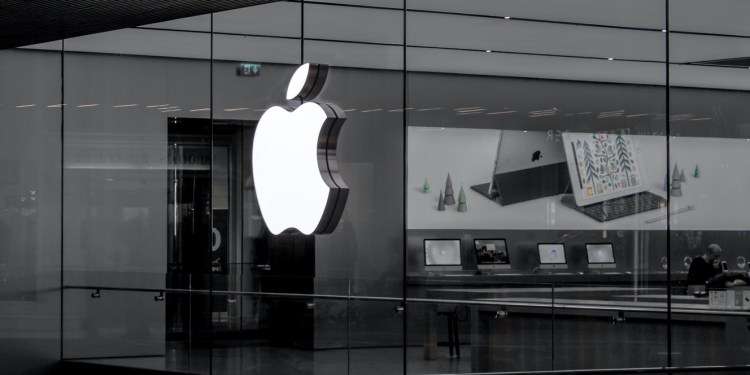The pandemic-induced isolation so many of us experienced during 2020, pushed our dependence on technology into overdrive, chipping away at real-life connections while bringing digital relationships to the fore.
The Winners
Zoom
Zoom Video Communications was a relatively little-known company before the pandemic hit but the ease of use of its software led to swift and widespread adoption during the pandemic. There were some growing pains, including initially lax security that lead to “Zoom bombing” breaches early on. But the company quickly revamped its security protocols and is now one of the popular platforms for hosting remote meetings and classes.
 Zoom is Winner in 2020
Zoom is Winner in 2020
Computer makers
The outbreak initially stymied production because PC makers were not able to get the parts they needed from overseas factories that had shut down during the early stages of the health crisis. This contributed to a steep decline in sales in the first three months of the year . The period from July to September was particularly robust, with PC shipments in the US surging by 11 percent compared with the same period in 2019. It was the industry’s biggest quarterly sales increase in a decade, according to research firm Gartner.

PC maker is Winner in 2020
The Losers
Uber and Lyft
Fresh off of their initial public offerings the year before and still struggling to show they can be profitable, the ride-hailing services were clobbered by the pandemic in 2020, as people stopped taking cars and huddled down at home. In May, Uber laid off 3,700 people, or about 14% of its workforce. Lyft also announced job cuts.

Quibi
Quibi is short for "quick bites," raised US$1.75 billion ($2.4b) from investors including major Hollywood players Disney, NBCUniversal and Viacom.
But the service struggled to reach viewers, as short videos abound on the internet and the coronavirus pandemic kept many people at home. It announced it was shutting down in October, just months after its April launch.












